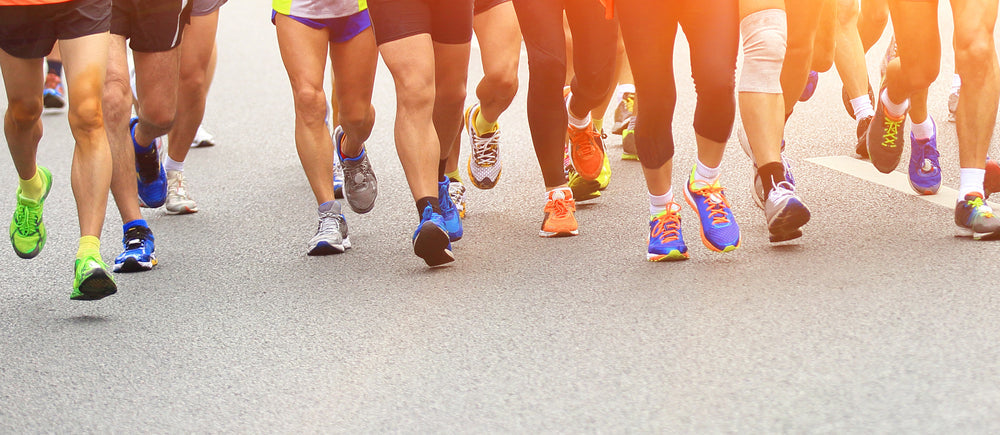Athletes push their bodies to the limit, demanding peak performance in training and competition. While water is essential, it alone cannot meet the hydration needs of those who engage in high-intensity activities. Proper hydration ensures muscle function, temperature regulation, and overall endurance. Yet, many athletes underestimate their actual hydration requirements, leading to fatigue, cramps, and decreased performance.
The human body is made up of approximately 60% water, with muscles containing nearly 75% water. However, during exercise, the body loses significant fluids through sweat. Studies indicate that athletes can lose 1-2% of body weight in fluids during intense workouts, which can reduce performance by 10-20%. Water loss also depletes critical electrolytes such as sodium, potassium, and magnesium, leading to imbalances that impact muscle function and overall endurance.
A research study published in the Journal of Sports Science & Medicine found that dehydration of just 2% of body weight can impair cognitive performance and physical endurance. This highlights why athletes must go beyond water to ensure adequate hydration and maintain peak performance levels.

Hydration Hacks
- Electrolyte Replenishment
Water alone does not replace the essential minerals lost through sweat. Electrolytes like sodium, potassium, calcium, and magnesium help maintain fluid balance, muscle contractions, and nerve signaling. Sports drinks, coconut water, or electrolyte tablets can be effective solutions. Studies show that sodium intake of 500–700 mg per liter of fluid helps improve water retention and prevents dehydration-related muscle cramps.
- Pre-Hydration Strategy
Hydration should begin well before a workout or competition. Drinking 500 ml (16-20 oz) of fluid 2-3 hours before exercise helps ensure optimal hydration levels. According to the American College of Sports Medicine (ACSM), consuming 7-10 oz of fluid every 10-20 minutes during exercise is ideal for maintaining hydration.
- Hydration Timing Matters
Drinking too much water at once can lead to bloating and discomfort. Instead, consuming small, consistent amounts throughout the day ensures better absorption. Athletes should focus on hydrating steadily instead of overloading just before or after a session.
- Monitor Urine Color
A simple way to assess hydration levels is by checking urine color. Light yellow or pale straw-colored urine indicates proper hydration, while dark yellow or amber suggests dehydration. The National Athletic Trainers’ Association emphasizes this method as a practical, real-time hydration check.
- Hydration from Food Sources
Athletes can enhance hydration through hydrating foods such as watermelon, cucumbers, oranges, and leafy greens. Foods with high water content also provide essential nutrients that support recovery and endurance. For instance, watermelon is 92% water and contains potassium, which aids in muscle function.
- Use a Hydration App or Smart Bottle
Keeping track of daily hydration can be challenging. Hydration apps and smart water bottles remind athletes to drink fluids at regular intervals. A study in The Journal of Medical Internet Research found that using hydration apps increased fluid intake by 20-25% among athletes.
- Caffeine and Alcohol Considerations
While caffeine can provide an energy boost, excessive intake can lead to dehydration due to its diuretic effects. Moderation is key—less than 300 mg per day is generally safe without impacting hydration. Alcohol, on the other hand, causes fluid loss and should be avoided before or after intense training sessions.
Hydration Tips
- Follow the Sweat Test: Weigh yourself before and after exercise to determine fluid loss. Drink 16-24 oz of water for every pound lost.
- Hydrate with Carbohydrates: Drinks containing 6-8% carbohydrates help sustain energy and improve fluid absorption.
- Adjust Hydration to Climate: Hot and humid conditions increase sweat loss. Increase fluid intake in warmer environments to prevent dehydration.
- Don’t Wait Until Thirsty: Thirst is a late indicator of dehydration. Drinking fluids regularly helps maintain consistent hydration levels.
- Include BCAAs in Hydration: Branched-chain amino acids (BCAAs) mixed with water aid in muscle recovery and reduce fatigue after workouts.
Conclusion
Hydration is not just about drinking water—it’s about replenishing fluids, electrolytes, and essential nutrients that optimize performance. Athletes who understand their hydration needs and implement smart strategies can prevent dehydration-related fatigue, cramps, and reduced endurance. By using electrolyte-rich drinks, pre-hydration strategies, hydrating foods, and modern hydration tools, athletes can maintain peak performance and recovery. Staying ahead in sports requires more than just training hard; it demands smart hydration choices tailored to the body’s needs.
BoostedOxygenWater is the ultimate hydration solution for athletes and active individuals. Packed with essential electrolytes, oxygen-enriched water, and hydration-boosting minerals, our formula ensures peak performance, endurance, and recovery. Studies show that proper hydration can improve athletic performance by up to 20%! Don’t settle for plain water—give your customers the hydration edge they need.
Partner with us today and bring BoostedOxygenWater to your store or gym! Schedule a call now to discuss wholesale pricing and exclusive distributor benefits. Elevate hydration, boost sales, and fuel performance with BoostedOxygenWater!
Reference:
1. Ayotte, D. and Corcoran, M. (2018). Individualized hydration plans improve performance outcomes for collegiate athletes engaging in in-season training. Journal of the International Society of Sports Nutrition, 15(1). https://doi.org/10.1186/s12970-018-0230-2
2. Kenefick, R. and Cheuvront, S. (2012). Hydration for recreational sport and physical activity. Nutrition Reviews, 70, S137-S142. https://doi.org/10.1111/j.1753-4887.2012.00523.x
McDermott, B., Anderson, S., Armstrong, L., Casa, D., Cheuvront, S., Cooper, L., … & Roberts, W. (2017). National athletic trainers' association position statement: fluid replacement for the physically active. Journal of Athletic Training, 52(9), 877-895. https://doi.org/10.4085/1062-6050-52.9.02

